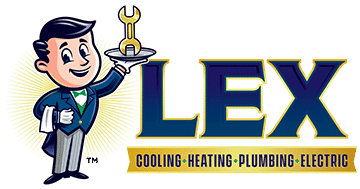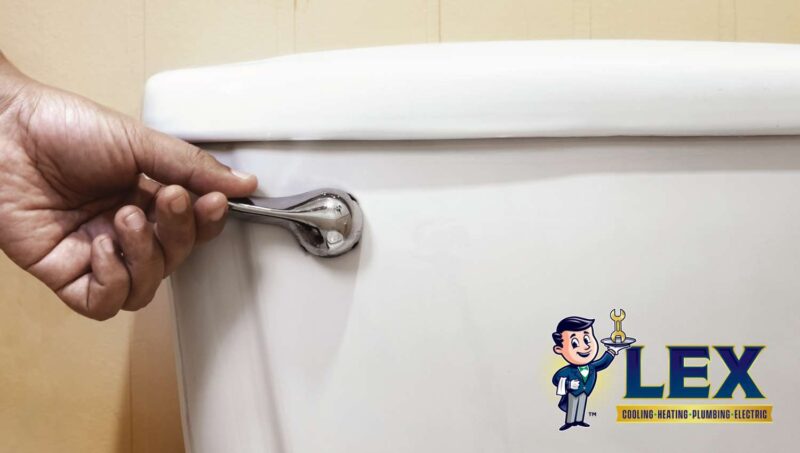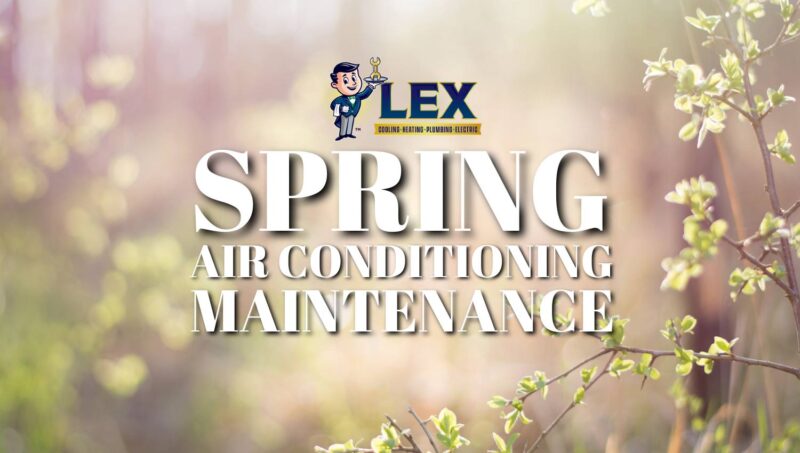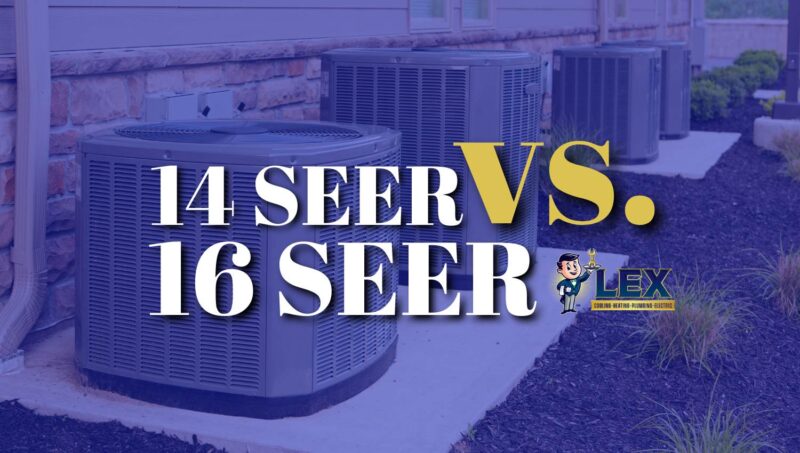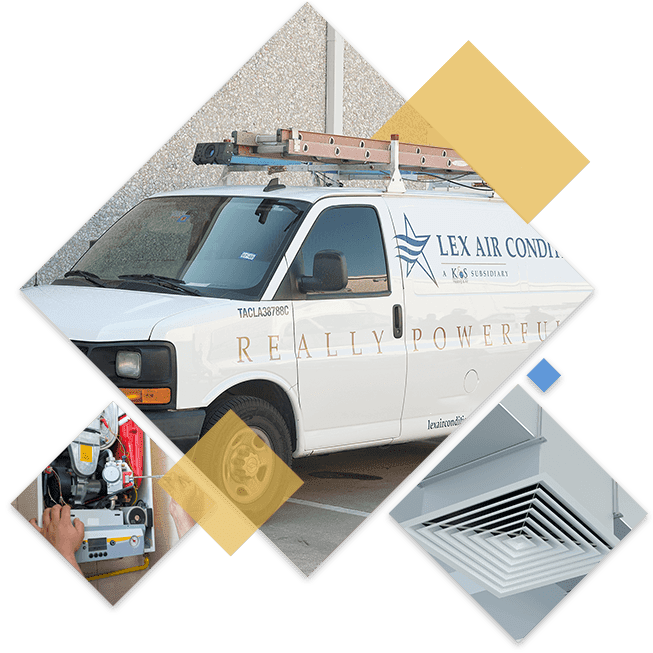No, That Wasn’t a Ghost: What Those Strange HVAC Sounds Mean
Edgar Allan Poe might have found a new source of inspiration in the age of central heating and air conditioning. Imagine the classic scenes from his stories – the mysterious tapping at the chamber door, the haunting beat of a heart hidden under floorboards. In a modern setting, these iconic sounds could be attributed to the groans and creaks of a malfunctioning HVAC system.
A heating and air conditioning system in disrepair can emit a symphony of strange and unsettling noises. If left unaddressed, such commotion might even stir feelings of unease or madness in the most rational individuals. So beware, and keep your ears open to these ghastly warnings.
If you’re tired of being haunted by noises from your HVAC system, don’t call a ghost exterminator but a Carrollton HVAC technician! At Lex Air, we offer expert HVAC system services to ensure that the only chills you experience are those from well-spun tales, not from the eerie whispers of a failing HVAC system. Schedule an appointment with one of our experienced HVAC technicians by calling (972) 217-8955 today!

Common HVAC System Noises and Their Causes
From the gentle hum of a well-oiled machine to the jarring clangs that signal trouble, understanding strange HVAC noises is crucial for maintaining the health and efficiency of your system. Below, we’ll guide you through common HVAC noises, like hissing, rattling, and banging, and explore their potential causes.
A Wraithlike Wailing
Wailing sounds typically indicate a problem with the unit’s fan or motor. These sounds, often resembling a high-pitched squeal or whine, are usually a telltale sign that the bearings in the fan motor are wearing out. This wear and tear is not just a minor inconvenience; it can escalate into a serious issue. When the bearings are compromised, they can cause the fan to operate erratically or seize up entirely, leading to a complete fan breakdown. The repercussions of such a breakdown are twofold.
Without a properly functioning fan, the HVAC system struggles to circulate air effectively, leading to uneven heating or cooling, increased strain on other components, and a noticeable spike in energy usage. The longer a malfunctioning AC fan operates, the more damage it can potentially cause to the motor and other related components. This situation not only increases repair costs but also may lead to the need for premature replacement of the AC fan motor or even the entire system.
A Restless Rattling
Rattling noises often mean there are loose components, such as screws, bolts, or panels, in your HVAC unit. These loose parts can vibrate while the system runs, leading to rattling sounds.
A rattling noise could also signal something more serious, like a failing motor or a loose blower assembly. If left unchecked, these HVAC noises can escalate into more significant damage, as loose parts can harm other components.
A Bone-Chilling Banging
As heated or cooled air travels through ductwork, these changes in pressure can create unsettling bumps and bangs during the night. If the banging noise becomes too disruptive, there are effective solutions available:
- Insulating Your Ducts: Adding insulation to your ductwork not only serves as a noise buffer but also improves energy efficiency. Insulated ducts are better at retaining heat, enhancing the overall performance of your heating and air conditioning system.
- Replacing Your Ducts: If your home has square ducts, you might notice they make popping noises. Switching to circular flex ducts can be a quieter alternative, as their design allows them to withstand pressure changes more effectively, leading to a more peaceful environment.
It’s important to note that some popping or banging noises might be caused by expanding ducts as warm air travels through, especially if this is the first time you’ve run your heater for the season. However, if you have a gas furnace and hear a loud banging noise, it could indicate a build-up of gas in the combustion chamber that ignites simultaneously. This sound is not only frightening but can cause a hazardous situation, so it’s crucial to contact an HVAC technician to inspect your flue and look for any signs of carbon particles.
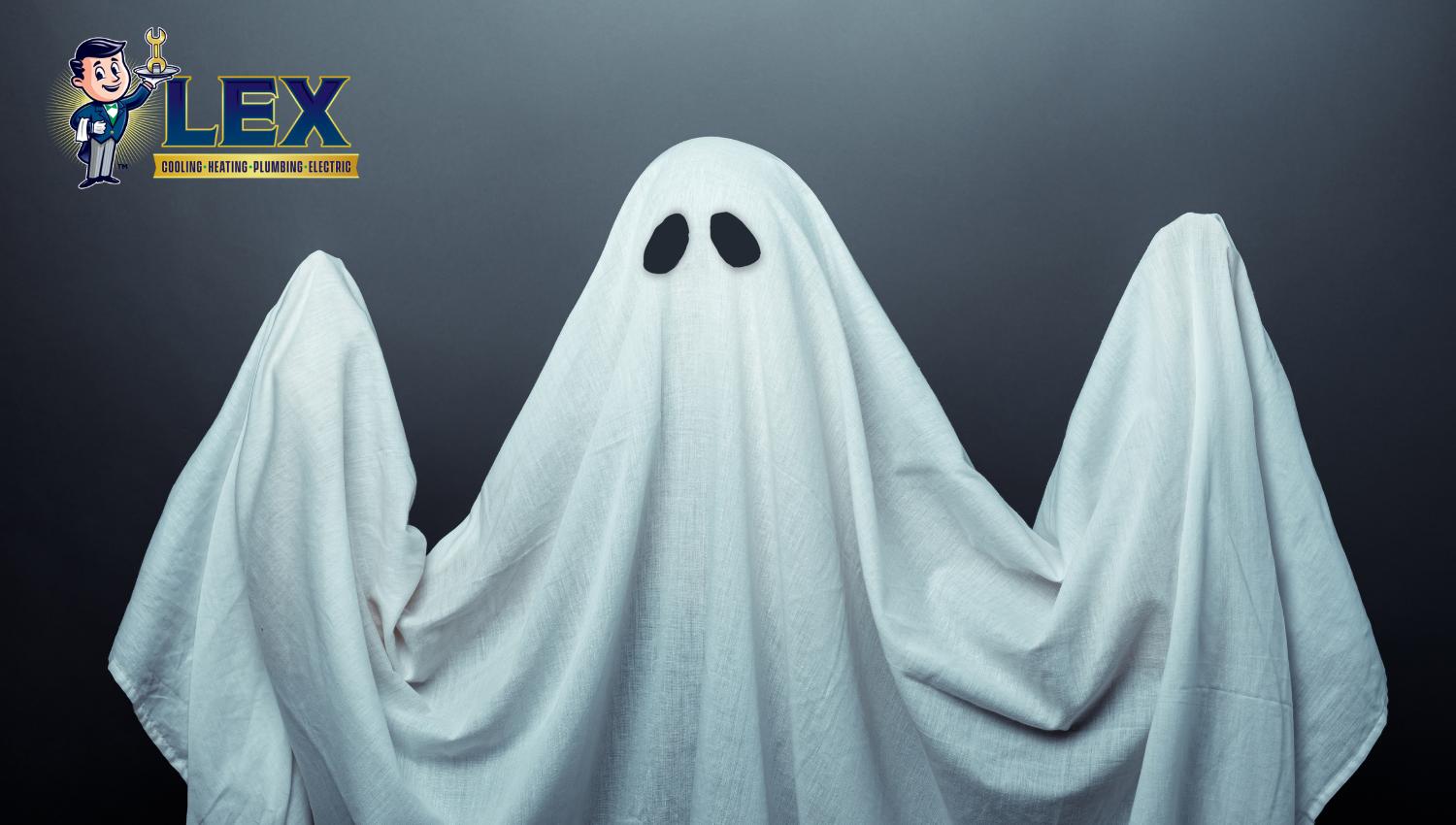
A Spectral Scraping
Scraping noises from your heater and air conditioner are a red flag that should not be ignored. These harsh, metal-on-metal sounds often indicate that the blower wheel is misaligned or has become loose. If the wheel makes contact with the casing, it produces a scraping noise and poses a risk of significant damage to your system.
This issue can escalate quickly, potentially leading to a total breakdown of the blower mechanism. Addressing a scraping noise promptly is crucial. It usually involves realigning or replacing the blower wheel, tasks best left to an HVAC technician.
A Bloodcurdling Buzzing
Buzzing noises from an HVAC system may point toward problems such as loose wiring, malfunctioning thermostats, unbalanced fan blades, or failing motor components. In some cases, the buzzing sound could also be a sign of a refrigerant leak, which reduces system efficiency. Electrical issues in HVAC systems require immediate attention, as they can lead to more significant malfunctions or even safety hazards.
A Hideous Hissing
Hissing noises in an HVAC system can often be a tell-tale sign of issues such as a leak in the refrigerant lines, gaps in the ductwork, or even a clogged air filter. When the air filter is dirty or obstructed, it can restrict airflow, causing a hissing noise as air struggles to pass through. Similarly, a refrigerant leak compromises cooling efficiency, while a hissing sound from the ductwork indicates warm or cold air escaping through cracks, leading to reduced system performance.
A Sickening Screaming
Screaming noises from an HVAC system are alarming and should be addressed immediately. This high-pitched, urgent sound is often a sign of dangerously high refrigerant pressure within the compressor, which can be extremely dangerous. If the noise comes from the outdoor unit, it warrants immediate HVAC system shutdown and professional inspection. Continuing to operate the heating and air conditioning system under these conditions can lead to catastrophic damage or a complete system failure.
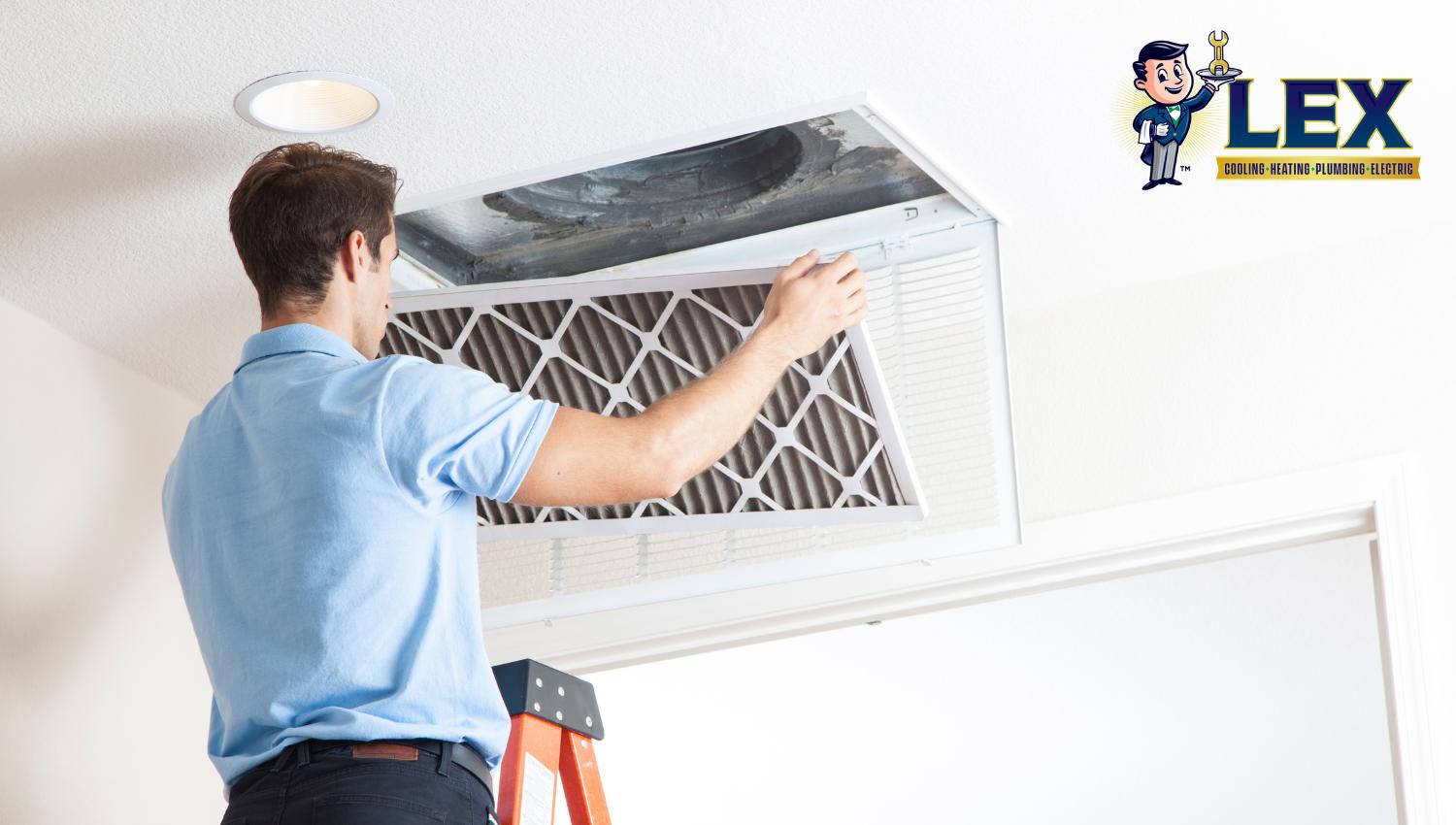
Troubleshooting Tips for Noisy HVAC Systems
If your HVAC system starts making unusual noises, there are a few basic troubleshooting steps you can safely perform at home. Start by checking the air filters; a clogged filter can strain the system and cause various noises. Ensure all vents are open and unblocked for proper airflow. Listen closely to identify the type of noise and its source, as this can offer clues about the underlying issue.
Tightening loose screws on panels or covers can sometimes resolve rattling sounds. However, if you encounter hissing, screaming, or any noise that suggests a more serious issue, you must stop your investigation and call a professional.
When HVAC noises go beyond the scope of DIY interventions, Lex Air Conditioning and Heating HVAC technicians aren’t afraid of ghosts or strange HVAC noises. Our team of heating and cooling system experts will swiftly diagnose the noisy issue and restore your HVAC system to its quiet, functional state.
The Risks of Ignoring Strange Noises
Ignoring strange noises in your HVAC system is a gamble that can lead to serious consequences. These signals are often the first sign of underlying issues, and disregarding them can escalate into major system damage.
For example, a simple fix like tightening a loose component can be costly if neglected. However, some noises, such as buzzing or screaming, can indicate electrical problems or high pressure in the system, posing significant safety hazards.
Ignoring these strange sounds risks extensive damage to the HVAC unit and increases the likelihood of a complete system failure, leading to inconvenient and expensive emergency repairs. Running a compromised system can result in inefficient operation, increasing energy bills, and reducing the system’s lifespan.
The Importance of Preventative Heating and Air Conditioning Maintenance
HVAC tune-ups and maintenance are important in minimizing strange HVAC noises. Key preventive measures include changing air filters regularly to prevent airflow issues, cleaning and inspecting outdoor units to avoid blockages, and ensuring all vents are clear and unobstructed.
Scheduling annual professional inspections is also vital. These check-ups can identify and address potential issues before they develop into serious problems, avoiding unexpected breakdowns and expensive repairs.
Regular air conditioning and heater maintenance appointments with Lex Air not only keep your system running smoothly but also ensure that it operates at optimal efficiency, ultimately saving on energy costs and extending the lifespan of your unit. To learn more about our HVAC maintenance program, the Cool Club, call (972) 217-8955 today!
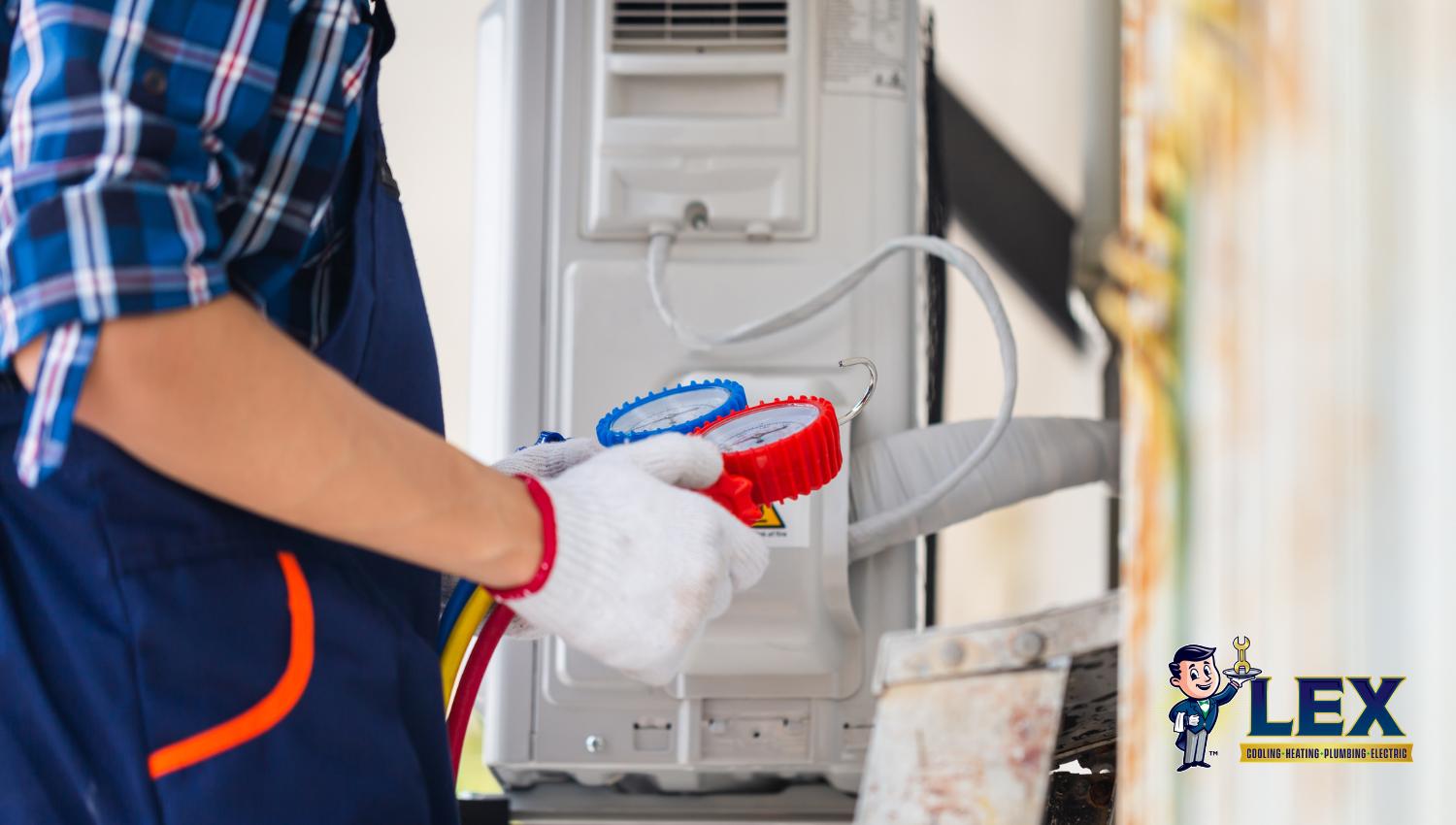
Don’t Let Your HVAC System Haunt You – Call Lex Air for Expert Carrollton HVAC Services Today
Don’t let the unsettling noises of your HVAC system turn into a haunting experience. Lex Air Conditioning & Heating provides expert HVAC services that identify and rectify those disturbances, ensuring peace and comfort in your Carrollton home once more. Our HVAC technicians can identify the noise and resolve any issue your system may face.
Remember, paying attention to strange noises in your HVAC system is crucial for maintaining its health and preventing costly repairs. Call Lex Air today at (972) 217-8955 or contact us online to schedule an appointment. Let Lex Air Conditioning and Heating keep your HVAC system running smoothly and quietly without any scary surprises.
